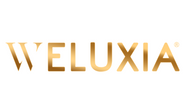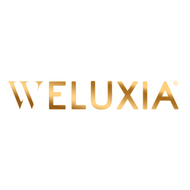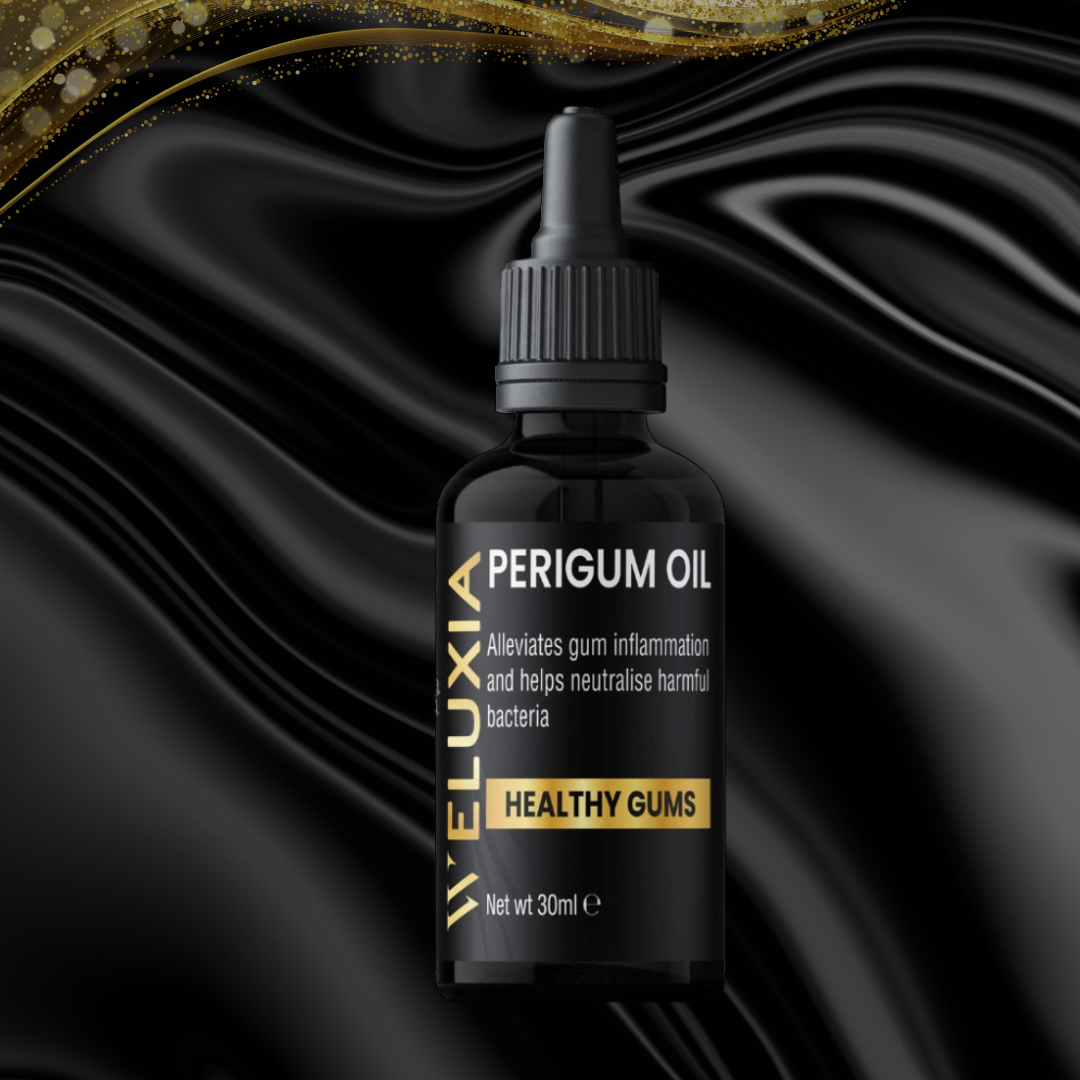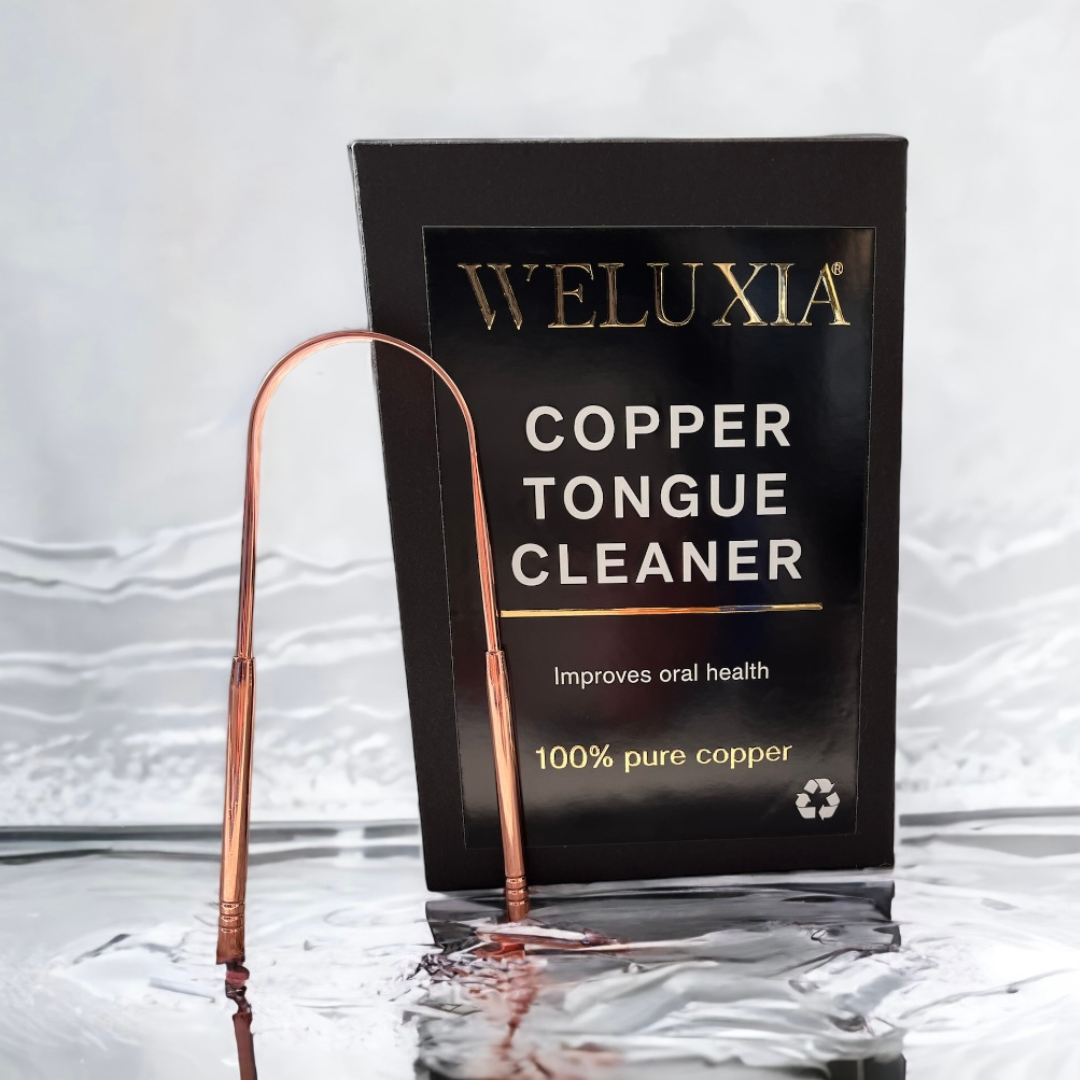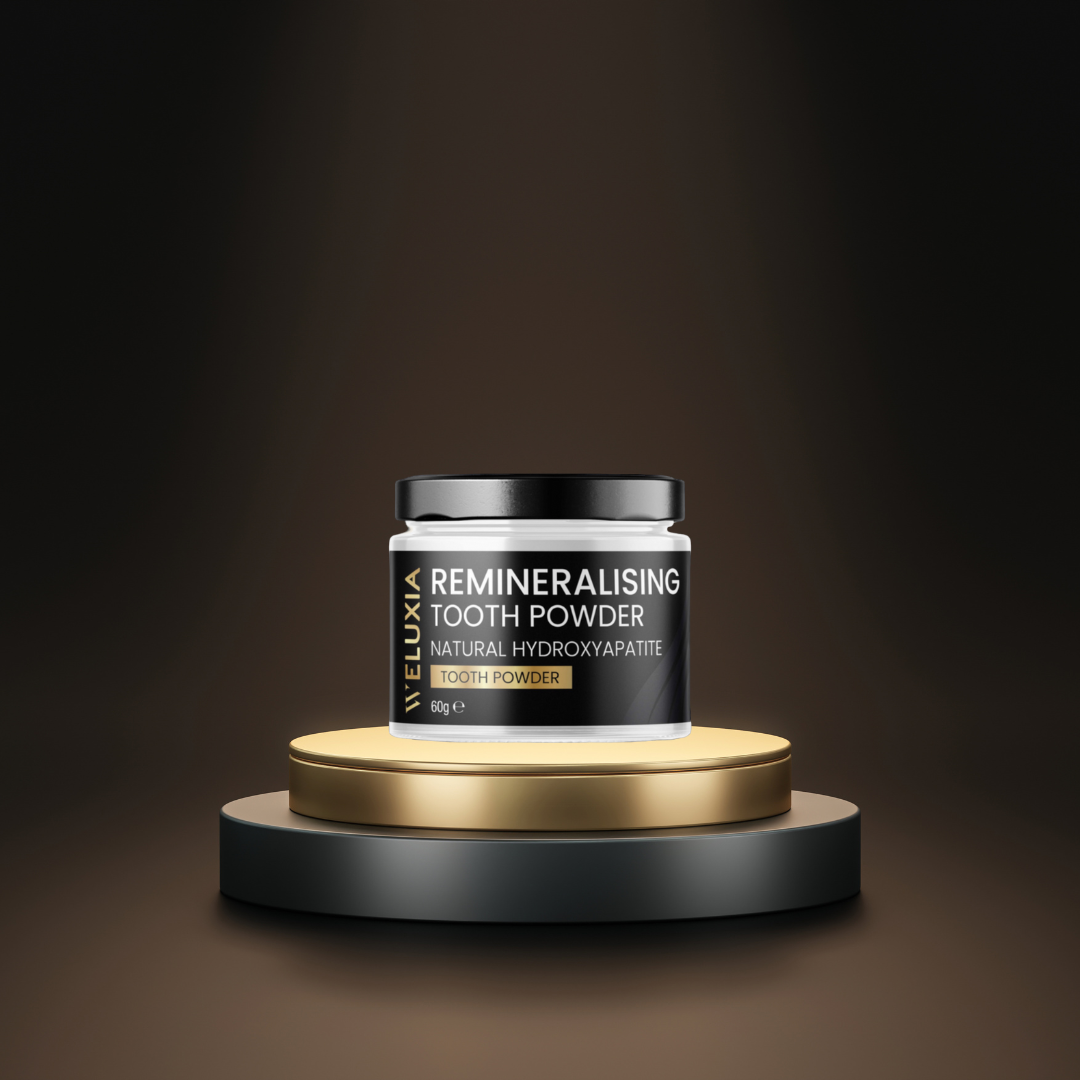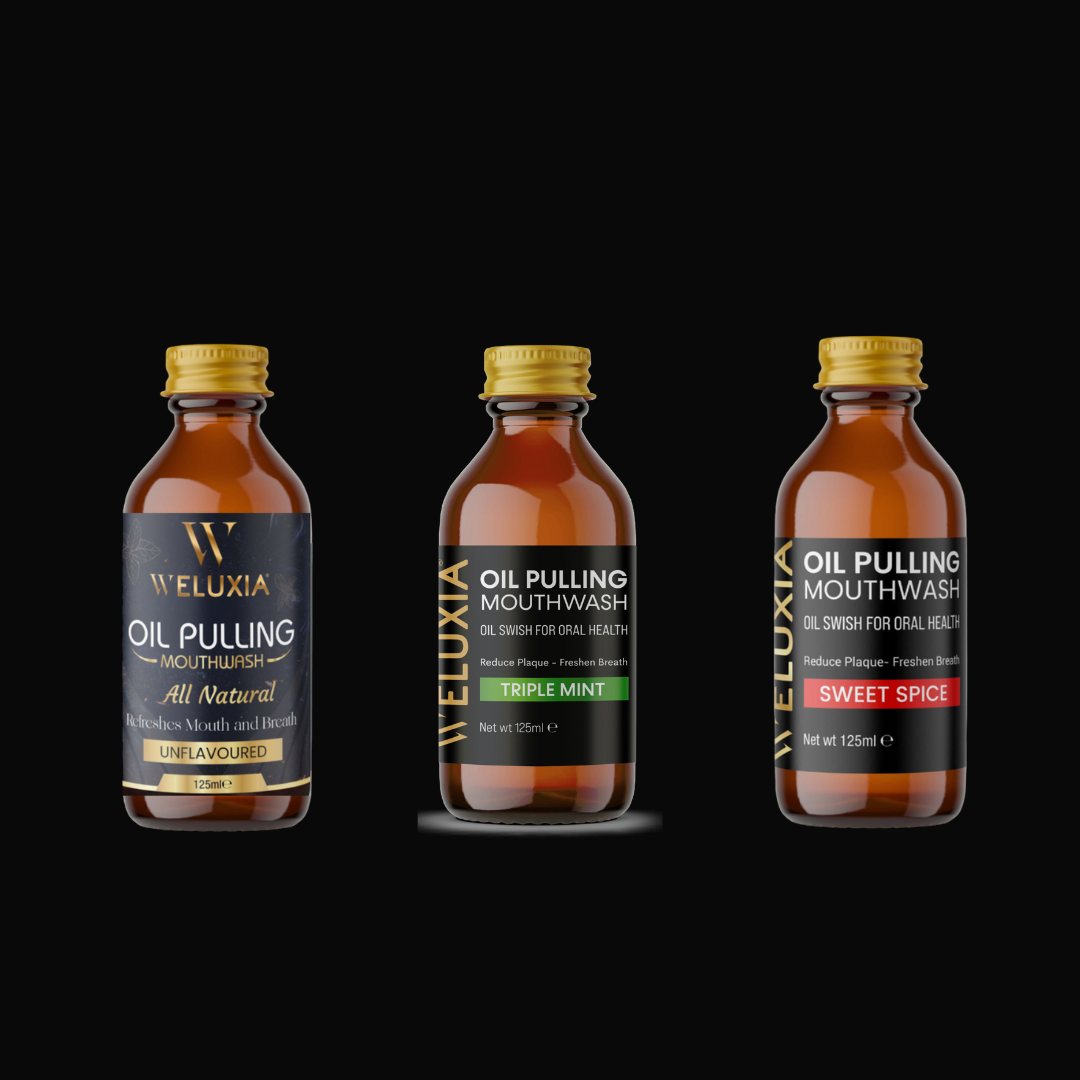Tooth Soap vs Toothpaste
In the world of dental care, a new option is drawing attention - natural tooth soap. People are increasingly searching for sustainable and gentle ways to care for their teeth. This shift has made the choice between regular toothpaste and tooth soap more significant today. This article will delve into tooth soap, its advantages, its ingredients, and why it stands out as an excellent long-term option for a bright, healthy smile.
What is Natural Tooth Soap?
Natural tooth soap is a greener alternative to regular toothpaste. It is made from eco-friendly ingredients such as saponified oils, often derived from coconut or olive oil, combined with essential oils. Unlike traditional toothpastes, natural tooth soap lacks fluoride, added glycerine, and artificial surfactants.
Saponification: The Ancient Art of Soap Making
Saponification is the age-old process that makes tooth soap so gentle and natural. This method has been used for centuries to create soap with minimal waste. Saponification in tooth soap is believed to combat germ build up and prevent plaque formation.
Gentle, Natural Ingredients for a Healthier Smile
The goal of tooth soap is to be both healthful and earth-friendly. Users report benefits such as reduced tooth sensitivity compared to using regular toothpaste. They also feel their mouths are exceptionally clean and find that they use lesser amounts over time.
Tooth soap aligns with the growing trend toward natural dental care, promoting a healthier planet. Always consult with a dentist before transitioning to tooth soap to ensure it suits your dental needs
Natural Tooth Soap: A Sustainable Alternative
Natural tooth soap is gaining popularity as an eco-friendly oral care solution. It combines simple, natural components to offer a mild cleaning experience, including the option to go fluoride-free. Such attributes significantly enhance sustainable and healthier dental practices.
Its strength lies in being a sustainable option. Unlike regular toothpaste that uses chemicals, tooth soap is plant-based, benefiting not only our teeth but also our planet, thus encouraging mindful living.
One of the most appealing aspects of tooth soap is its basic yet effective formula which includes few ingredients like organic oils turned into soap, using spring water, potassium hydroxide, oils, and essential oils. This simplistic approach appeals to those seeking clear, natural methods for dental care.
Tooth soap's eco-friendly packaging options further bolster its environmental credentials. Unlike plastic toothpaste tubes, tooth soap often comes in more sustainable containers, ensuring a longer-lasting product that not only aids the planet but can also save money over time.
With the increasing growth in the natural tooth soap market, more consumers are leaning towards this greener pathway. It aligns oral care with the values of sustainability, offering a healthful approach to tooth maintenance.
"Tooth Soap is a game-changer in the world of dental care. It's not just about clean teeth - it's about taking a holistic, sustainable approach to our oral health and the health of the planet." - Janet Doeg, Eco-Lifestyle Blogger
Choosing natural tooth soap means benefiting both the environment and your oral health. As the demand for green oral care rises, tooth soap is emerging as a favourite for individuals valuing health and eco-friendly choices.
How Does Tooth Soap Work?
Tooth soap serves as a natural alternative to regular toothpaste. Utilizing the ancient saponification method, it effectively maintains mouth cleanliness and health. This process converts oils using potassium hydroxide, such as coconut or olive oil, into a gentle soap that helps prevent plaque and bacteria from sticking to your teeth.
The Power of Saponification
Unlike regular toothpaste, tooth soap is made using simple, environmentally-friendly ingredients through saponification. This method not only cleanses but also naturally combats harmful bacteria and plaque.
Breaking Down Plaque and Bacteria
Thanks to key oils like coconut or olive, tooth soap is excellent at removing plaque, food particles, and bacteria, keeping your mouth healthy and reducing the risk of cavities and gum issues. Some users also report decreased tooth sensitivity, highlighting the gentle yet thorough cleaning capability of tooth soap.
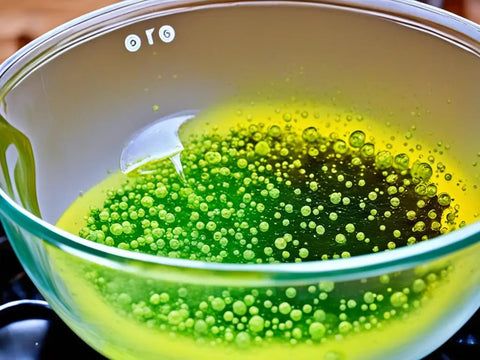
"Using regular bar soap for brushing teeth has been shown to work better than commercial toothpaste, according to Dr. Gerard F. Judd."
The debate continues on whether tooth soap is indeed superior to toothpaste. However, its popularity is on the rise as more people seek eco-friendly methods for dental care.
Benefits of Using Tooth Soap
Tooth soap offers several advantages over regular toothpaste. It's cost-effective and long-lasting, making it a better choice for both your wallet and the environment. Its natural ingredients make it gentle on sensitive teeth and gums, devoid of harmful artificial chemicals.
Studies confirm that tooth soap is safe and effective for cleaning teeth, providing a gentle yet potent means of maintaining oral health. Besides being budget-friendly and beneficial for oral hygiene, tooth soap's eco-friendly packaging supports a cleaner planet.
Overall, the benefits of tooth soap are numerous. It is an excellent option for individuals seeking a cost-effective, long-lasting, and gentle dental care alternative. Choosing tooth soap can lead to a healthier smile and a healthier planet.
Brushing Technique: How to Use Tooth Soap
Using tooth soap is straightforward and similar to using regular toothpaste. Wet your toothbrush first, then apply a few drops of tooth soap. Typical ingredients include saponified coconut and olive oil, xylitol or stevia, and peppermint or spearmint essential oils. Brush your teeth as usual. Initially, you might need time to acclimate to the new taste and texture, but tooth soaps clean effectively without fluoride or other chemicals. Experts suggest using tooth soap two to three times a week, or just once if brushing twice daily.
Taste and Texture: Adjusting to a New Sensation
The switch from regular toothpaste to tooth soap can be surprising for many due to its unique taste and texture. Initially, the taste may be unfamiliar and even off-putting. However, this reaction is part of how our bodies process new sensations, which helps keep us safe. Over time, adjusting to and appreciating the benefits of natural tooth soap becomes easier. Embracing the change can open doors to a different perspective on oral care, allowing you to pursue a healthier regimen that better suits your needs.
Maintaining Oral Health: Tooth Soap vs Toothpaste
The rising popularity of natural tooth soap prompts many to compare it with traditional toothpaste. Both aim to maintain oral hygiene, but their ingredients, such as fluoride, affect different aspects of dental health like pH balance and remineralization of teeth.
PH Balance and Remineralization
The pH balance in your mouth is crucial for oral health. Traditional toothpaste's slight acidity helps fight plaque and bacteria, whereas tooth soap's alkalinity might disrupt the natural pH balance of your mouth. Furthermore, improper ingestion of tooth soap could impede the remineralization process of your teeth. Ultimately, the decision between tooth soap and toothpaste depends on your priorities.
Customer Reviews and Testimonials
People are loving Weluxia Tooth Soap as an eco-friendly choice over ordinary toothpaste. 80% of our users say it's gentle on the gums. They're also big fans of its natural ingredients, which 65% mention in our reviews.
Many tout the tooth soap's long life, finding it both affordable and durable.Shockingly, 15% even prefer it to regular toothpaste.
"The tooth soap has been a game-changer for my oral health. My teeth feel cleaner and my gums are healthier. I'm a repeat customer and can't imagine going back to traditional toothpaste." Mary McDonald
Where to Buy Tooth Soap
Looking to buy tooth soap? You're in a good spot! This natural option for dental care is easier to find now.
Weluxia Tooth Soap Drops comes in 2 flavours. Winter Fresh & Warm Spice
Tooth Soap always uses natural, and sustainable ingredients, promising a gentle, fluoride-free experience.
Making the Switch: A Holistic Approach
Thinking holistically about oral hygiene can make a big difference. When considering switching to tooth soap, it's key to be careful. First, talk with a dentist. This ensures tooth soap is right for you and your oral health.
There's more to oral care than just brushing. A holistic approach to oral care means understanding how your mouth health affects your overall well-being. By using natural tooth soap, you're doing good for your mouth, the planet, and your health.
- Change to tooth soap slowly to let your mouth get used to it. This makes the switch easier and less uncomfortable.
- Check the ingredients in your tooth soap. They should meet your dental needs. Choose gentle ones like xylitol to fight cavity-causing bacteria.
- Use essential oils such as peppermint or clove. They fight bacteria, freshen breath, and ease gum irritation.
- Enjoy the unique feel and taste of tooth soap, unlike regular toothpaste.
Switching to tooth soap might take some getting used to. But, the benefits of a holistic oral care are many. You'll be doing good for your teeth, the planet, and your health with natural choices.
Conclusion
Tooth soap is getting more popular for people who want natural options for oral care. It uses a special method called saponification to clean teeth and gums naturally.
Deciding to use tooth soap over toothpaste is personal. It depends on what your teeth need and what you like. Talk to your dentist before switching to keep your mouth healthy. Regular dentist visits and a good oral care routine are key to overall dental health.
Source Links
- https://www.drbicuspid.com/dental-specialties/periodontics/article/15356091/tooth-soap-a-viable-alternative-to-toothpaste - Tooth soap: A viable alternative to toothpaste?
- https://www.si.edu/spotlight/health-hygiene-and-beauty/oral-care - Oral Care | Smithsonian Institution
- https://hemetdentalcenter.com/blog/natural-alternatives-toothpaste/ - Natural Alternatives to Toothpaste - Hemet Dental Center
- https://www.ncbi.nlm.nih.gov/pmc/articles/PMC11049323/ - Different Methods of Teaching and Learning Dental Morphology
- https://bristoluniversitypressdigital.com/view/journals/consoc/3/2/article-p166.xml -
